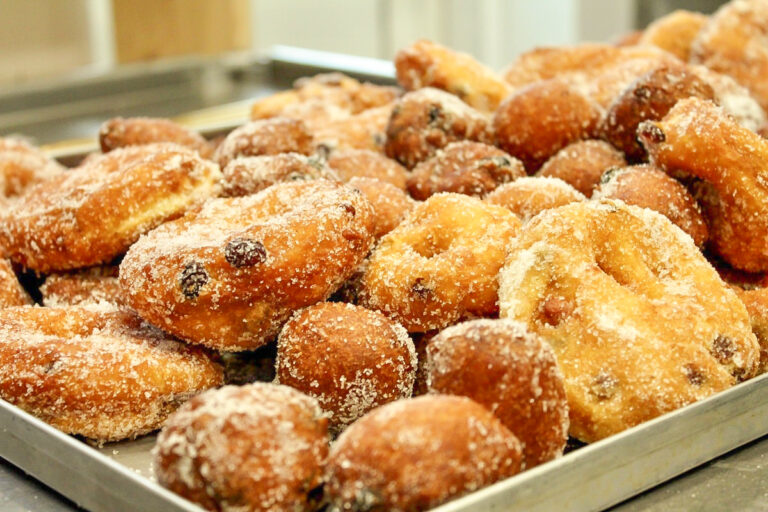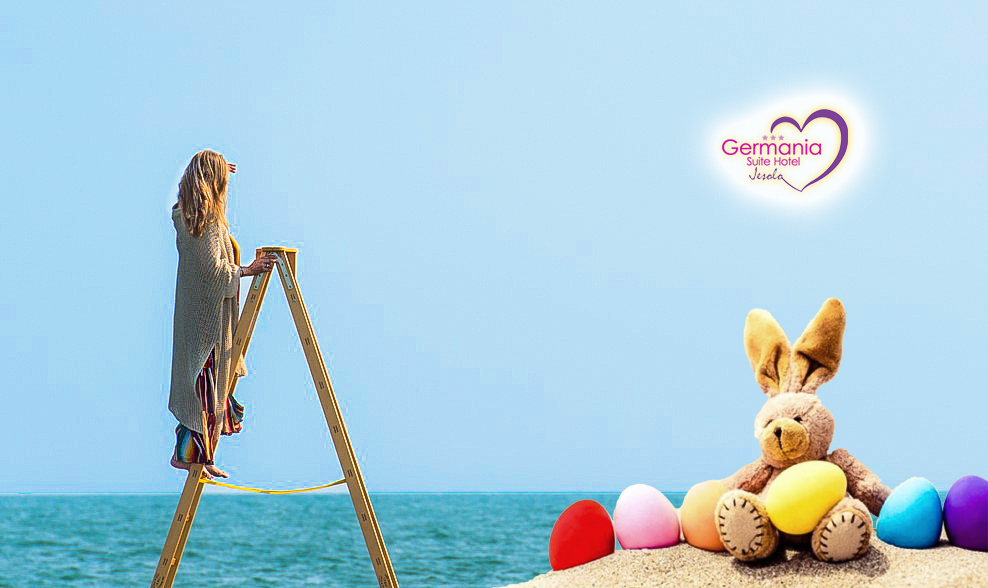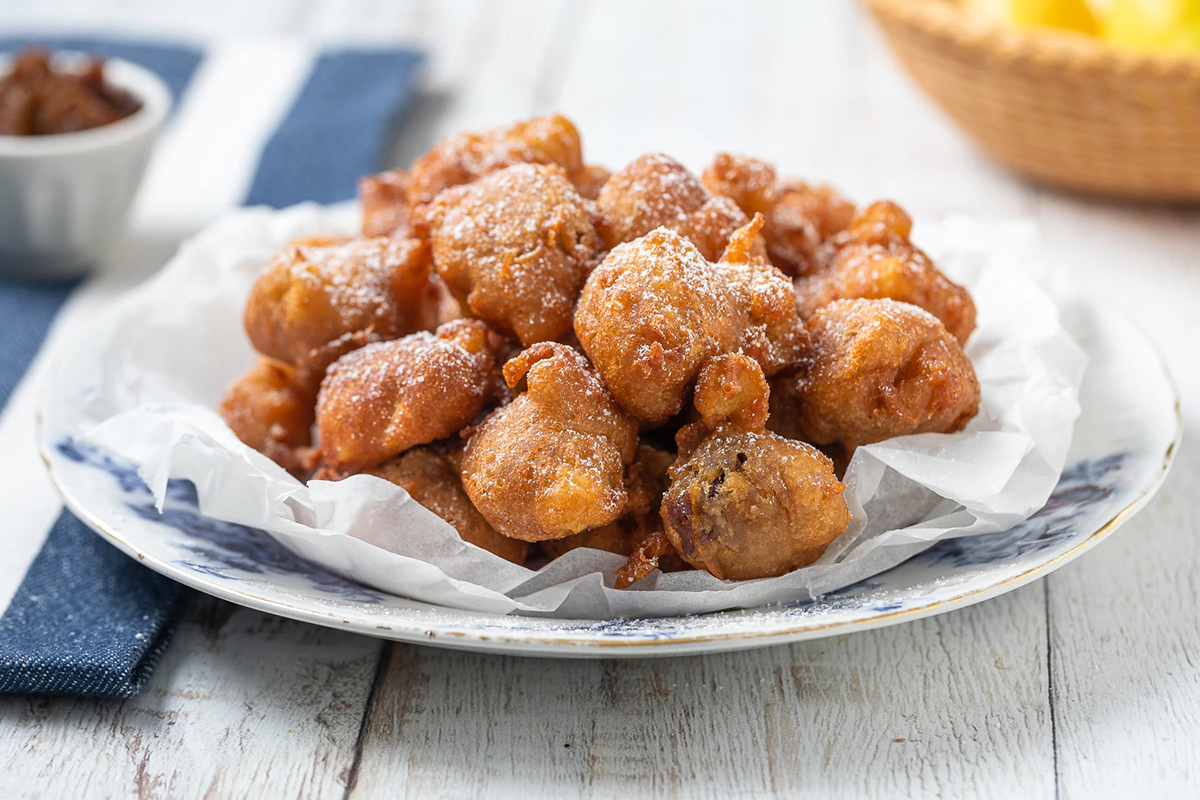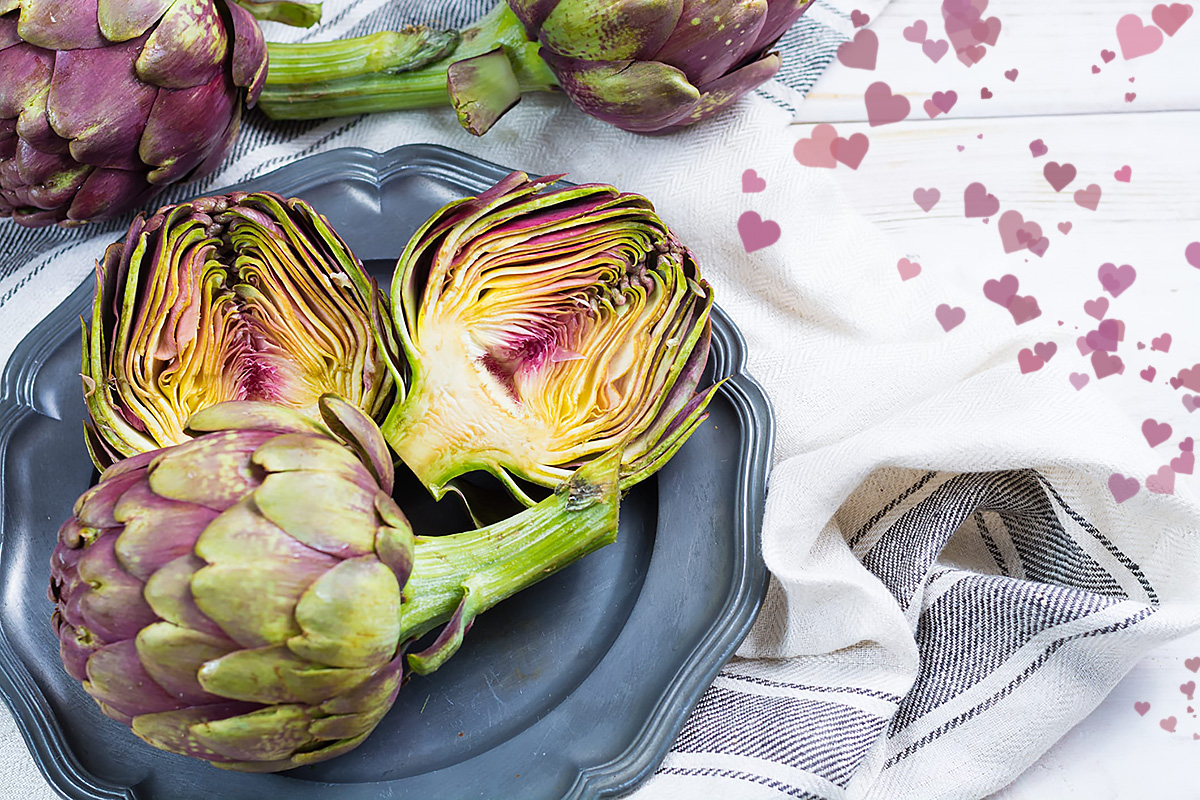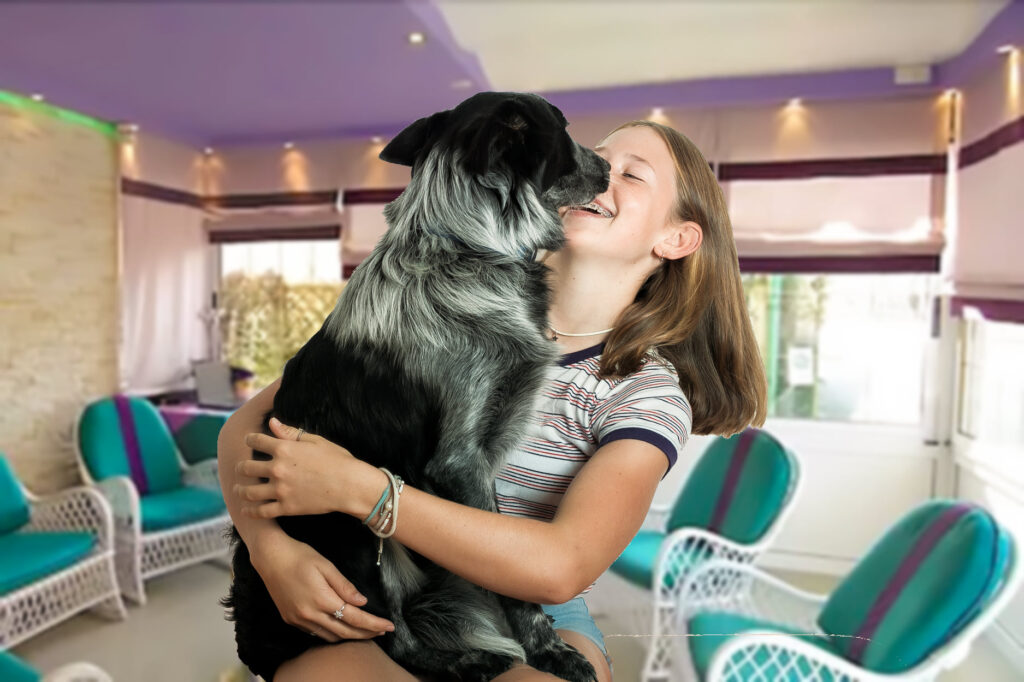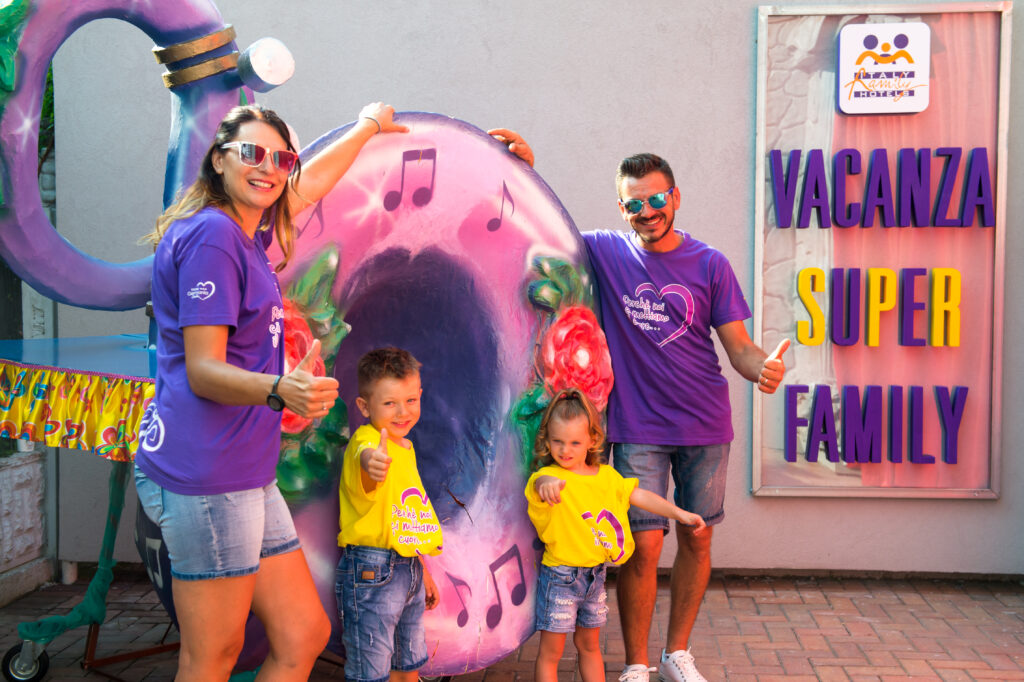The Venetian Fritole
The use of sweets during the carnival may have ancient roots.
In ancient Rome, there existed a festival called “Saturnalia” that took place in winter and involved the use of sweets and special foods.
During the Middle Ages, the carnival was an occasion to eat rich foods and indulge in pleasures before the period of Lenten abstinence.
Carnival sweets such as fritters, ‘chiacchiere’, ‘zeppole’, and of course, our delicious fritole, are traditionally made with ingredients like flour, sugar, and eggs, which were considered costly luxuries in past times.
Today, carnival sweets remain highly popular in Italy and represent an important culinary tradition.
Many carnival sweets are available only during this time of year and are often associated with festivals and celebrations.
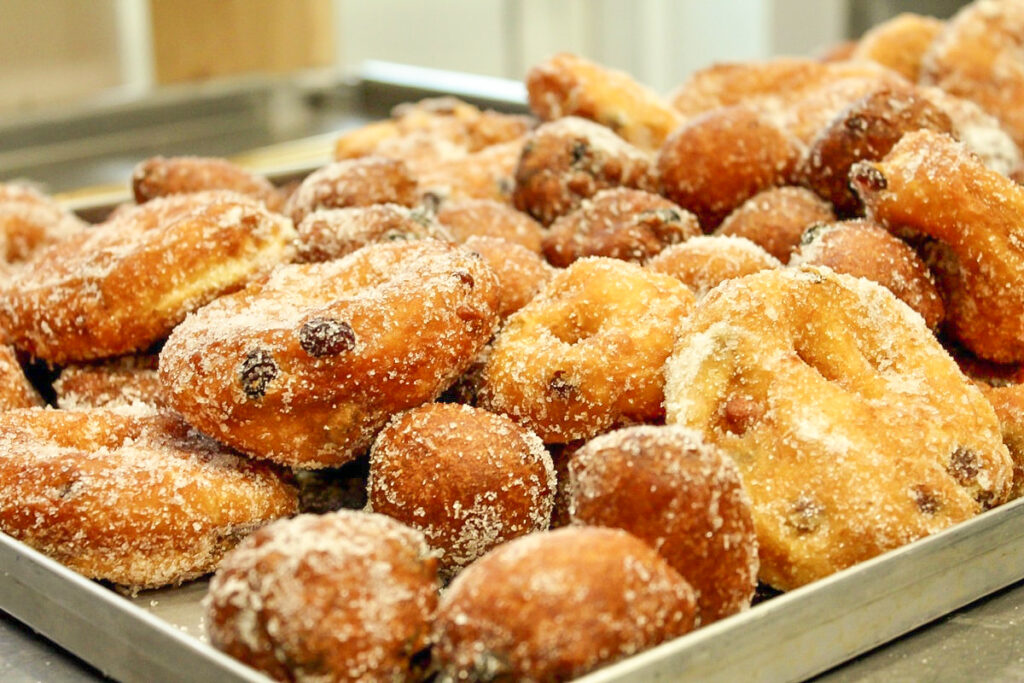
Venetian fritole are a traditional sweet of the Venice Carnival.
They are sweet fritters made with flour, milk, eggs, sugar, and yeast, usually flavored with lemon zest and vanilla, then fried in hot oil. They can be filled with custard, raisins, pine nuts, and other ingredients.
Fritole are a highly esteemed culinary delight during the Venice Carnival and are enjoyed all over the city during the festivities.

The origins of the delicious fritole.
The exact origins of the Venetian fritole are not definitively known, but it is believed they have ancient roots.
Sweet fritters are thought to have been prevalent in ancient Roman times and were later introduced to Venice by Arab merchants during the Middle Ages.
Officially, the earliest traces date back to the 16th century when Bartolomeo Scappi, the personal chef of Pope Pius V, documented the ‘official’ version.
Until the end of the 19th century, these fritters were prepared by true professionals gathered in a corporation known as the ‘fritoleri’ and were sold on the streets or in shops that sold sweets and wine, particularly the excellent Malvasias.
Throughout the centuries, fritole have become a typical delicacy of the Venice Carnival, an ancient festival dating back to 1094.
During the Carnival period, fritole were also an important food source and a way to celebrate abundance and prosperity.
Today, fritole remain an important symbol of the Venetian Carnival and are beloved by residents and visitors from all around the world.
So, let’s take a look at how to prepare these delicious Carnival fritters. Don’t worry, it’s very easy!
Ingredients
...for 35-40 fritters
500 g Manitoba flour
25 g fresh yeast
150 g lukewarm milk
80 g butter
2 large eggs at room temperature
80 g granulated sugar
50 g grappa, or dry Malvasia wine
120 g sultana raisins
100 g pine nuts
1 vanilla pod
salt
peanut oil for frying
icing sugar for decoration

...and let's begin!
To prepare Venetian Carnival fritters, begin by dissolving the brewer’s yeast in half a glass of lukewarm milk.
Then, pour the flour into the stand mixer’s bowl (or in a large bowl if working the dough by hand or using a mixer) and add the yeast, lightly beaten eggs, melted and cooled butter, sugar, the remaining milk, grappa (or preferred liquor), extracted vanilla seeds from the pod, and finally a pinch of salt.
With the dough hook attached, knead until you achieve a smooth and soft dough.
Next, add the pine nuts and previously soaked, squeezed, and dried raisins into the dough. Knead again to evenly distribute the raisins and pine nuts. Then, using your hands, form a ball.
Place the dough in a bowl, cover it with plastic wrap, and let it rise in a warm place for 2 to 4 hours.
After the rising time, the dough will have doubled in size.
Take pieces of the dough, about the size of a walnut or slightly larger, and fry them in plenty of oil at a temperature of 170°C (you can use a kitchen thermometer).
When the fritters are nicely puffed and golden, remove them with a slotted spoon and place them on absorbent kitchen paper.
There you have it! Place them on a serving plate and dust them with icing sugar.
Serve the Venetian Carnival fritters while they are still warm and fragrant.
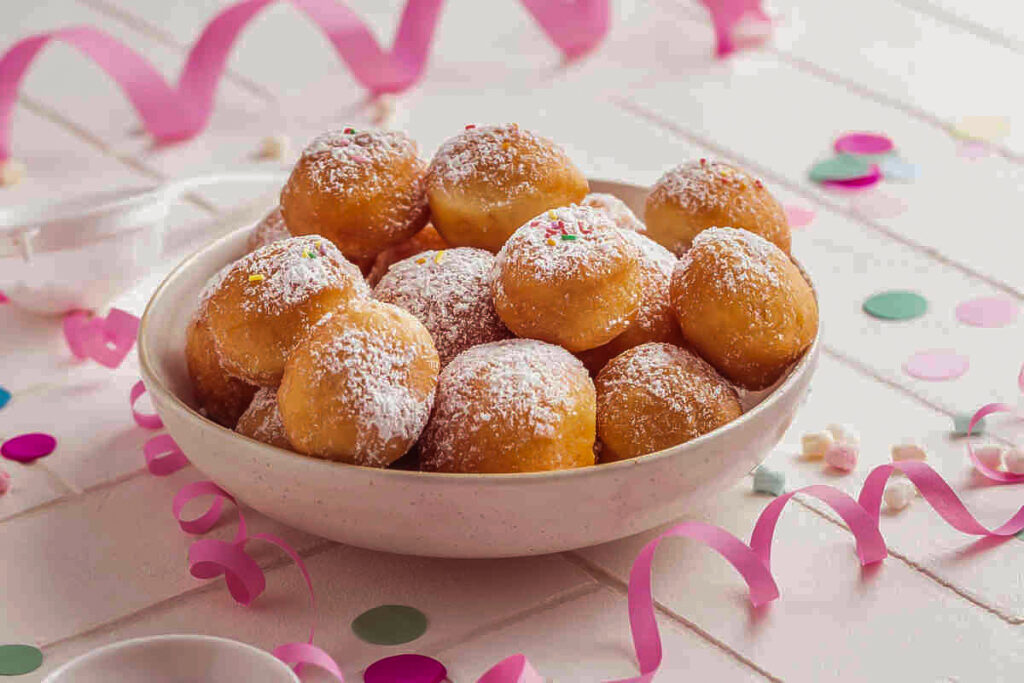
Contact us!
To book your holiday at the Germania Suite Hotel for stays full of magic and charm, do not hesitate to write to info@hotelgermania.net or call +39 0421 381223.

